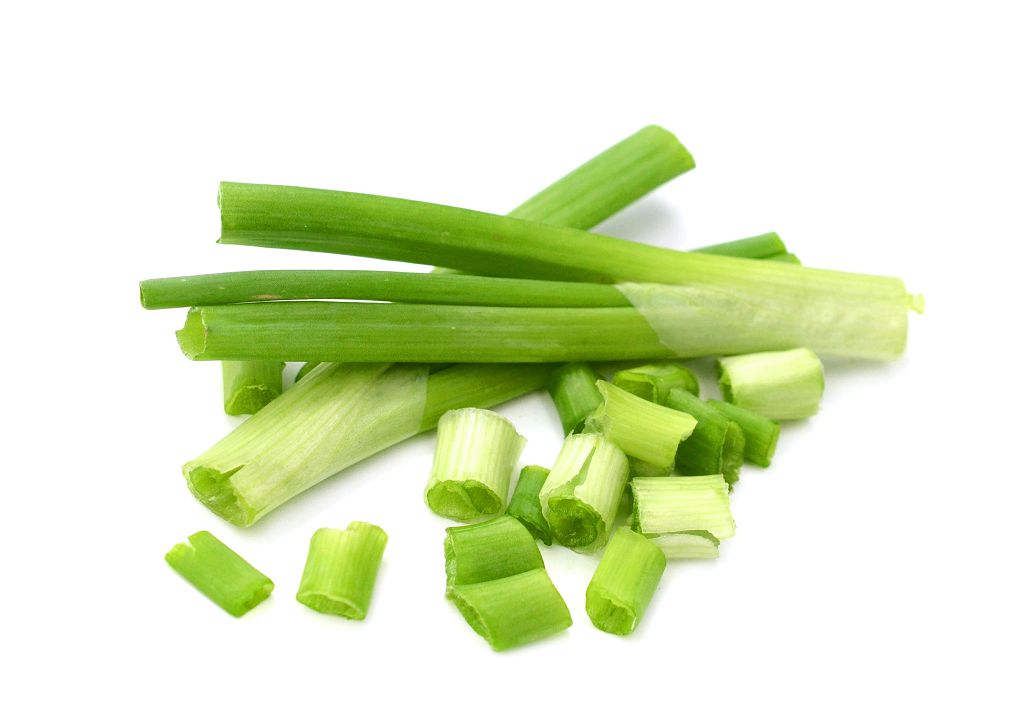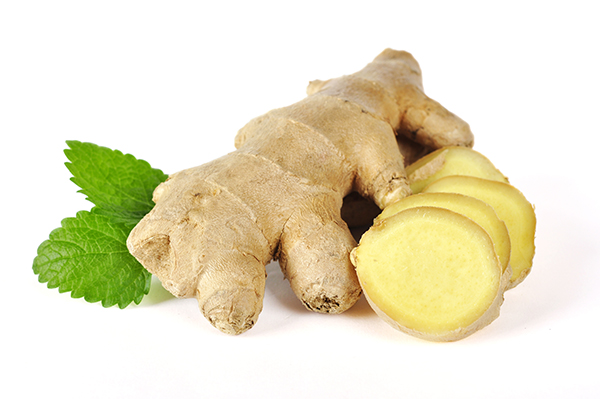Patients with edema caused by heart failure or kidney failure, liver cirrhosis with ascites,hypertension, toxemia or long-term use of adrenocortical hormones and steroids should carefully limit the daily intake of sodium in their diet that can reduce the retention of water (edema) caused by excessive sodium ions.
General principles
- Choose fresh food and cook it by yourself.
- Restaurant meals often use more salt, monosodium glutamate (MSG) and other seasoning, so avoid eating out as much as possible. When unavoidable, avoid soup and pickled food, manufactured food.
- Condiments with high sodium content, such as salt, soy sauce and monosodium glutamate,using the condiments according to the guidance of the dietitian. Futhermore, when patient who with kidney failure choose low sodium salt, no salt soy sauce and thin salt soy sauce sold on the market, should be used according to the guidance of the dietitian because of its high potassium content.
- Many high-sodium foods are not easily to be noticed, such as bread, noodles, oil noodles, sweet and salty preserves, sweet and salty biscuits, etc., who added with alkali, soda, salt or baking powder with very high sodium content, and must be avoided.
- Canned and processed foods are added with salt or some sodium-containing food additives, so they must be avoided.
- Vegetables with high sodium content, such as laver, kelp, carrot and celery, should not be eaten in large quantities.
- You can cooked with white sugar, vinegar, scallions, ginger, garlic, basil, coriander, star anise, zanthoxylum, rosemary, cinnamon, lemon juice maintain the dish flavor, increase the palatability.
- Moderate sodium restriction is beneficial to disease control. The following is the conversion of sodium content of condiments:
|
Conversion
|
||
| 1g salt = | 3g monosodium glutamate | 1 teaspoon of monosodium glutamate |
| 5ml black vinegar | 1 teaspoon of black vinegar | |
| 6ml soy sauce | 1.5 teaspoon of soy sauce | |
| 12ml ketchup | 2.5 teaspoon of ketchup | |



